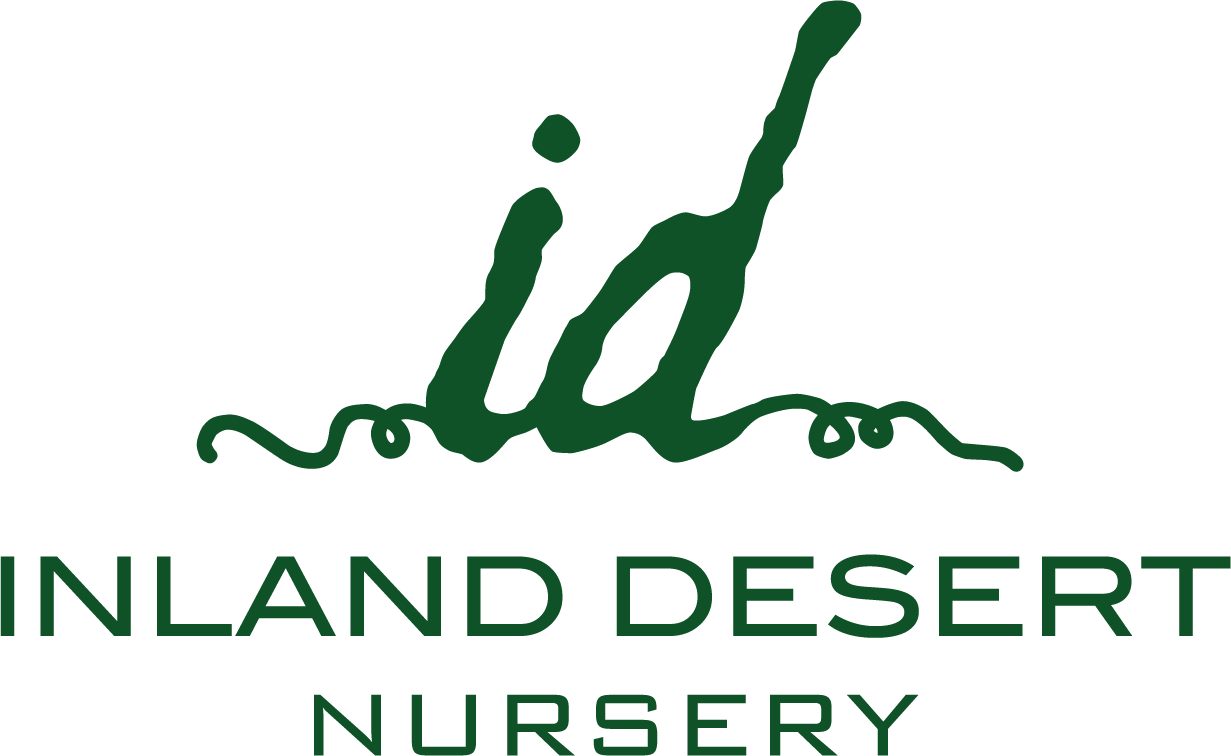
Our Nursery Process
We take Clean Vine Management very seriously at Inland Desert Nursery.
Starting with clean foundation material and keeping fields free of pests and pathogens is just part of the equation for a nursery dedicated to the best Clean Vine Management practices.
It is equally important to implement bio-secure cultural practices in every aspect of the growing process—all the way to your doorstep.
Read on to learn about the extraordinary protocols used to ensure that we’re delivering clean vines:
Sanitize & Hydrate
Immediately following harvest and prior to cold storage, vines are disinfected and hydrated using our automated disinfectant dosing system. This treatment reduces the risk for cross-contamination and ensures clean cutting surfaces.
Prior to grafting, all production rooms and equipment are sanitized with Ozone.
Hot Water Treatment
Prior to grafting, anything that will come in contact with cutting materials are sanitized using our automated heat treatment tank submergent system.
During grafting, all production surfaces, tools and equipment are sanitized between grafting batches.
At the completion of our field grown dormant grapevine growing season, each graded finished grapevine is washed free of soil, bundled, disinfected and hot water treated to ensure freedom of any potential soil borne pests.
Fungicide Treatment and Moisture Removal
Before entering our humidified cold storage, bundled field grown dormant vines are layered without media into plastic-lined bins.
A fungicide is applied to each layer and sanitized Coir Mats are used remove excess moisture.
Exceeding Industry Standards
At Inland Desert Nursery, our commitment to clean vine management isn’t just a practice—it’s a comprehensive approach safeguarding vineyards against a range of potential threats. Our dedication to proactive measures, rigorous testing, and strategic management ensures growers receive top-quality, disease-free vine material for their vineyards’ sustained health and longevity.
Industry Leaders
Washington has the MOST rigorous standards in the industry. Inland Desert Nursery exceeds those industry standards.
Kevin Judkins has been a leader in the development of state and national standards. He is responsible for the creation of a proprietary framework for Clean Vine Management Protocols.
These protocols are rigorously executed under the watchful eye of our Clean Vine Management Specialist, Haley Tebbe.
Location matters
Inland Desert Nursery (IDN) is the preferred choice for growers because of our commitment to clean vine management. We begin by using clean foundation material and planting in the ideal geography, specifically the Lower Yakima Valley with its unique climate features: a high dry desert climate, significant diurnal temperature swings, late fall frosts, and cold winters that rarely dip below 10°F.
Southeastern Washington is free of many diseases and pathogens
To minimize the risk of local re-infection, we employ a comprehensive 360-degree motherblock management approach. Recent industry challenges with Red Blotch have underscored the impact of infected nursery stock. However, at IDN, we’ve benefited from the absence of Red Blotch spread in our region. This allows us to focus on other pathogens that could harm vineyards’ longevity.
We’re fortunate to have minimal pathogen pressure due to our geography, and we’ve bolstered this advantage with proactive management strategies tailored to local reinfection risks. Our approach includes visual roguing of reds and thorough annual laboratory testing of all varieties. We don’t rely solely on one detection method, emphasizing the importance of consistent vigilance even as planting trends change.
Clean foundational material
Maintaining clonal diversity while starting clean is essential to us. We add 10-20 new selections annually and have invested significantly in internal G2/3 increase blocks, primarily sourced from the Clean Plant Center Northwest. Our commitment to certified materials from strategic partner blocks and internal G2/3 blocks ensures adherence to WSDA rules and rigorous testing to ensure freedom from viruses and diseases.
While Red Blotch and Leafroll are pivotal in vine buying decisions, we believe in not overlooking Trunk Diseases and Crowngall. Our hierarchy of plant material—from certified to non-certified—guides our propagation practices, emphasizing the importance of using clean foundational sources and registered motherblocks.
Buffering
Our vineyard practices extend beyond standard requirements. We exceed buffer requirements, utilize buffer crops, and strategically plant red varieties among whites for early detection.
Soil-less media and sanitation practices
Additionally, our emphasis on container propagation using soil-less media and rigorous sanitation practices contributes to maintaining clean raw materials.
Rigorous Field practices
To combat potential infections, we implement aggressive preventative measures against Grape Mealybugs, conduct rigorous inspections, and follow a robust policy for vine removal upon confirmed infections. Our efforts also extend to minimizing other trunk diseases through meticulous pruning and field nursery practices.
Sampling and Testing
For internal G2/3 blocks, our sampling and testing strategy ensures comprehensive coverage and thorough assessment of symptomatic and asymptomatic varieties. Each block undergoes meticulous sampling with a tailored approach based on reliability, testing history and current risk levels.
Laboratory testing is a critical component, with a rigorous process involving multiple labs and cutting-edge technology. We prioritize testing for key pathogens such as Red Blotch, Leafroll, and Xylella F., ensuring that growers receive accurate and timely results.
At Inland Desert Nursery, our commitment to clean vine management isn’t just a practice—it’s a comprehensive approach to safeguarding vineyards against a range of potential threats. Our dedication to proactive measures, rigorous testing and strategic management ensures growers receive top-quality, disease-free vine material for their vineyards’ sustained health and longevity.
